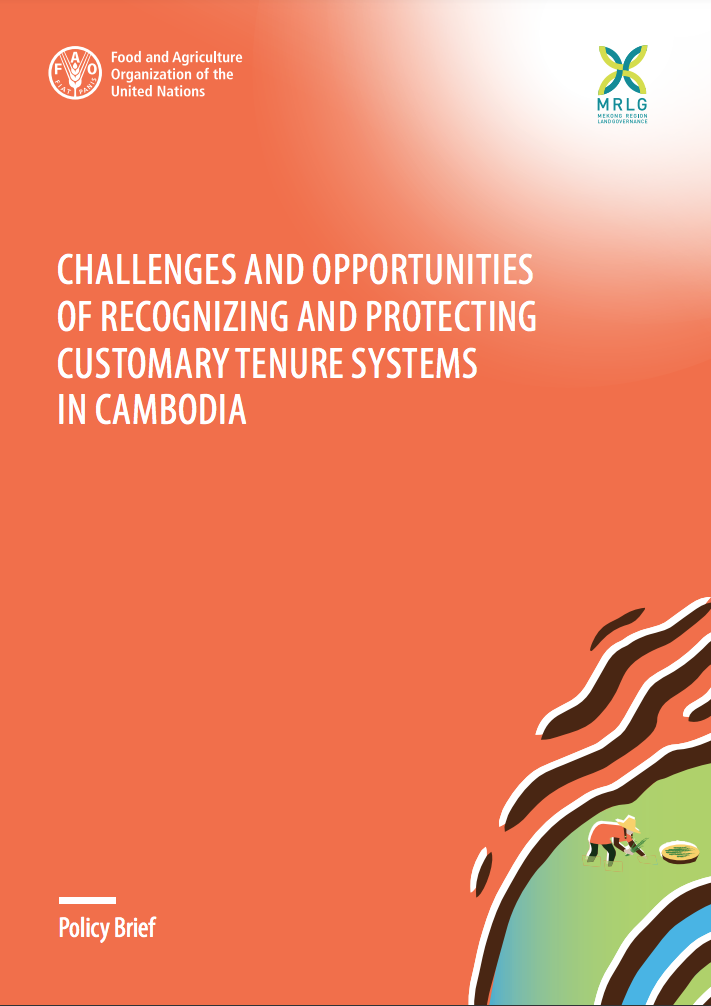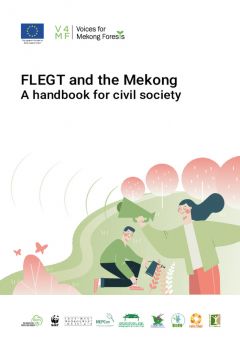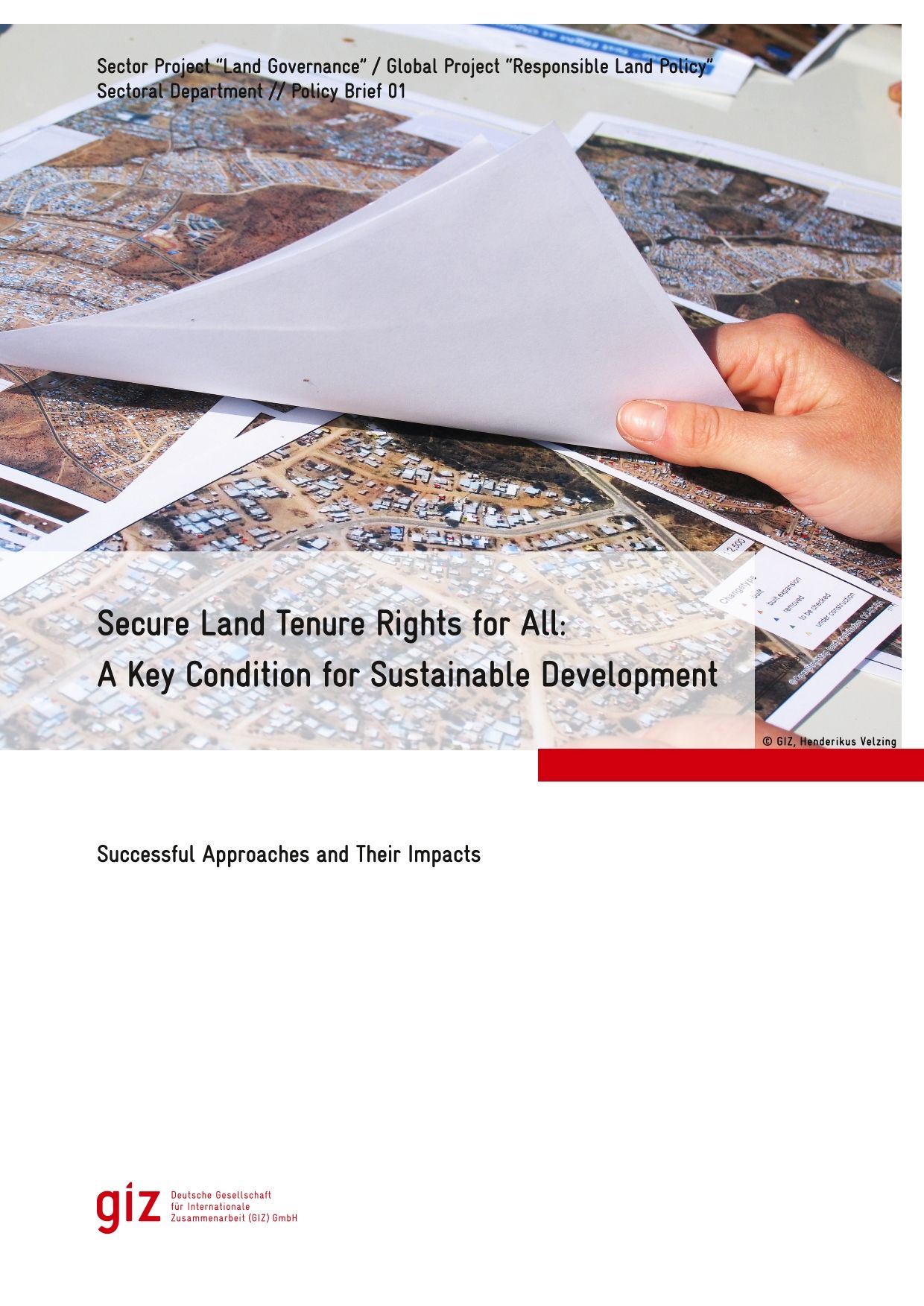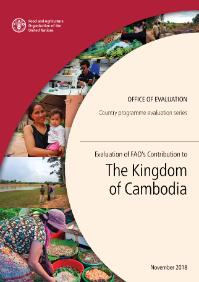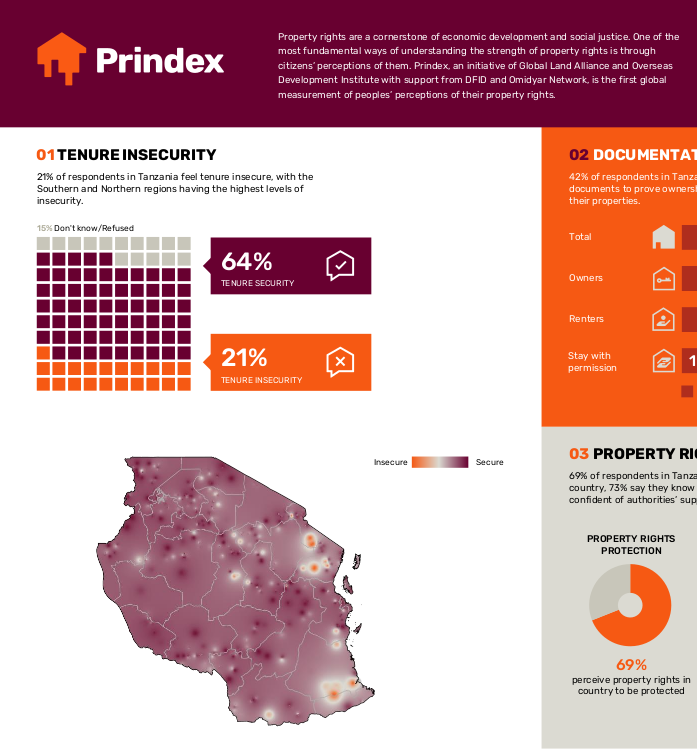The forest landscapes of the Greater Mekong Subregion (GMS) are changing dramatically, with a multitude of impacts from local to global levels. These changes invariably have their foundations in forest governance. The aim of this paper is to assess perceptions of key stakeholders regarding the…
Concessions granted to investors in Cambodia have generated a deep sense of insecurity in rural forested areas. Villagers are not confined to a passive “everyday resistance of the poor,” as mentioned by James Scott, insofar as they frequently engage in frontal strategies for recovering land.…
This policy brief was developed in order to enable a meaningful engagement and policy dialogue with government institutions and other relevant stakeholders about challenges and opportunities related to recognizing customary tenure in Cambodia. It aims at strengthening the recognition and legal…
textabstractAdaptation and security framings have gained traction not only to explain the causal chains and impacts of environmental change and/or migration, but also to justify land intensive interventions to address them. Despite progress in the understanding of the complex links between…
Recognising that trade drives illegal logging and that poor governance enables it, the European Union (EU) developed the Forest Law Enforcement, Governance and Trade (FLEGT) Action Plan. Effective participation of all actors — especially staff from governments, the private sector and civil…
This blog is part of Global Forest Watch’s Global Insights series. Although many parts of the world are experiencing forest loss, the factors motivating these losses differ between countries and regions. Global Insights takes a local look at historical and current trends in forested countries…
A common misconception about CT systems in Cambodia is that it is confined to indigenous communities in the peripheral uplands of Cambodia and does not exist in their Khmer counterparts. In response, this research compares related studies on customary tenure in Khmer communities, and describes…
The aim of this policy paper is to present successful approaches to secure land tenure rights in rural and urban areas. To support future programmatic decisions by the Federal Ministry for Economic Cooperation and Development (BMZ), this paper focusses especially on impacts and good practices.…
Evaluation of FAO’s Contribution to Cambodia. Although Cambodia is rapidly transitioning to a more industrialised economy, the country is still among the poorest in Southeast Asia, and the risk of sliding back into poverty remains high, especially for rural households. The goal of FAO’s…
This paper investigates how large-scale land acquisitions (LSLAs) can be governed to avoid underuse and thereby spare room for other land claims, specifically nature conservation. LSLA underuse occurs when land in LSLAs is not converted to its intended use. Taking Cambodia as a case, we map…
Climate change and green grabbing/resource grabbing together call for nuanced understanding of governance imperatives, and for constructing a knowledge base appropriate to political intervention. This paper offers preliminary ways in which interconnections can be seen and understood, and their…
Wave 2 country infographics in one document. Countries include: Benin, Bolivia, Cambodia, Colombia, Ghana, Indonesia, Jordan, Kenya, Malawi, Mexico, Morocco, Niger, Nigeria, Tanzania, Tunisia, Uganda, United Kingdom and Vietnam



